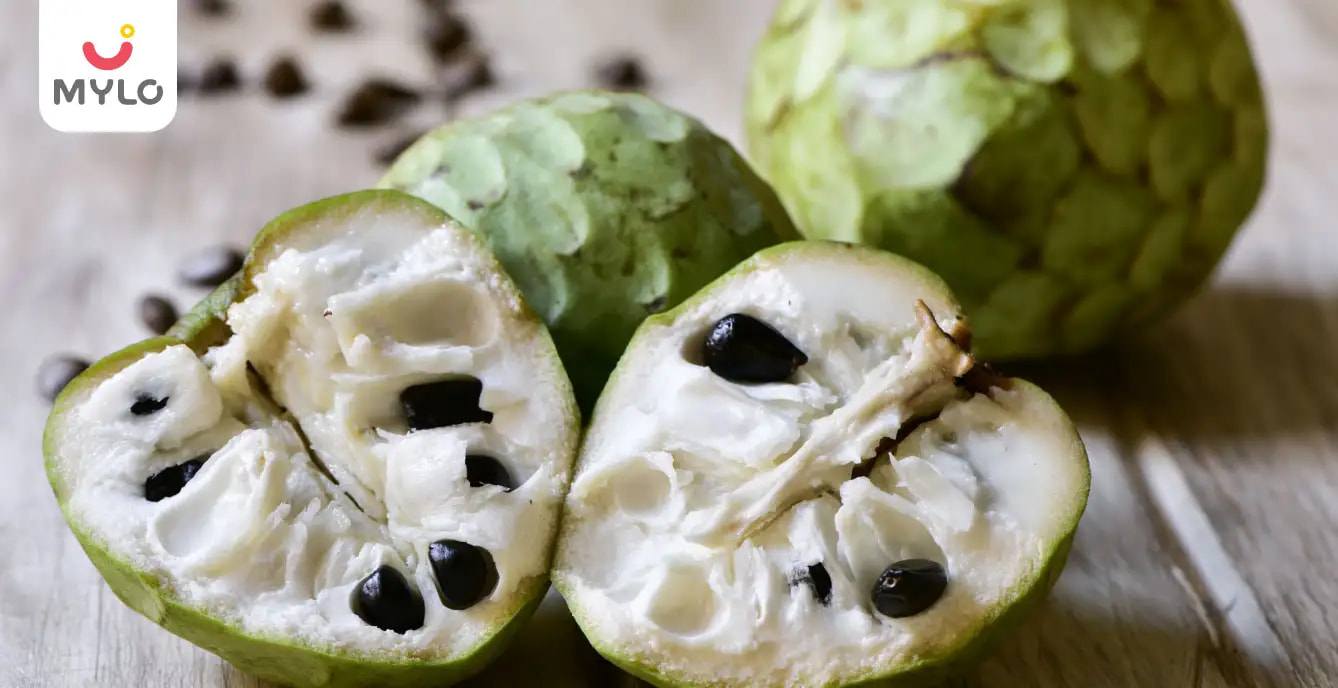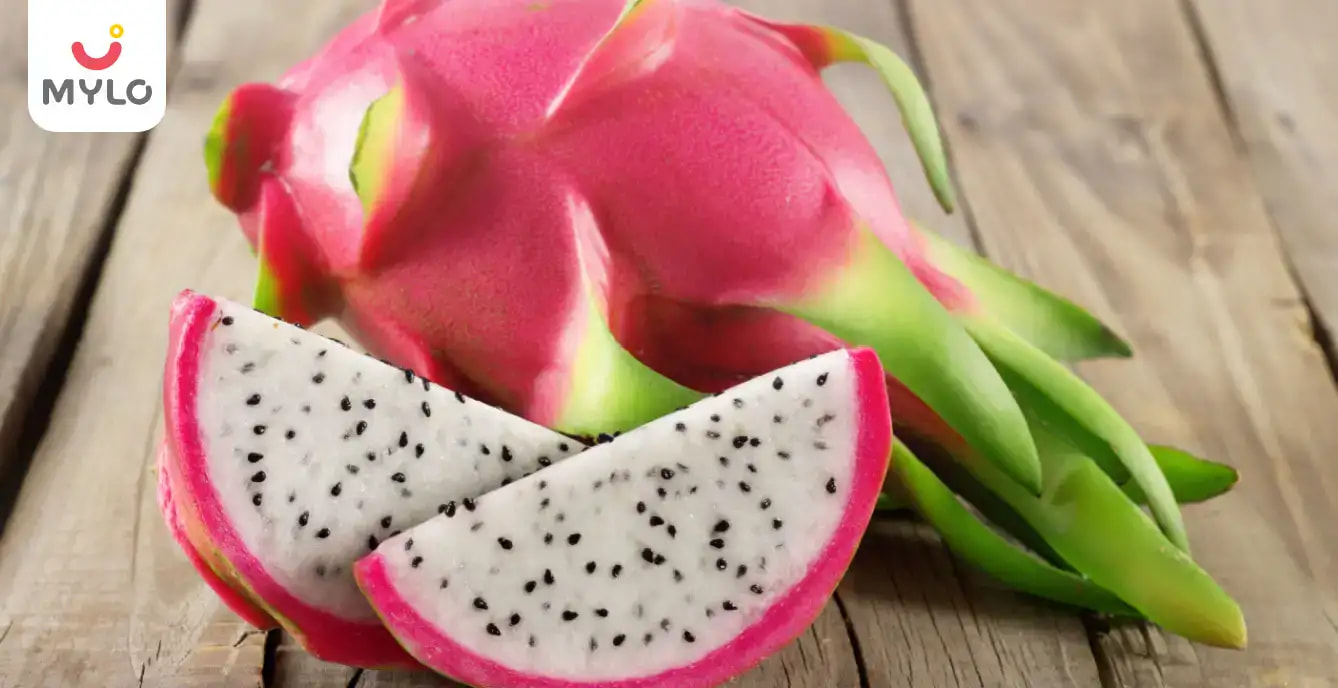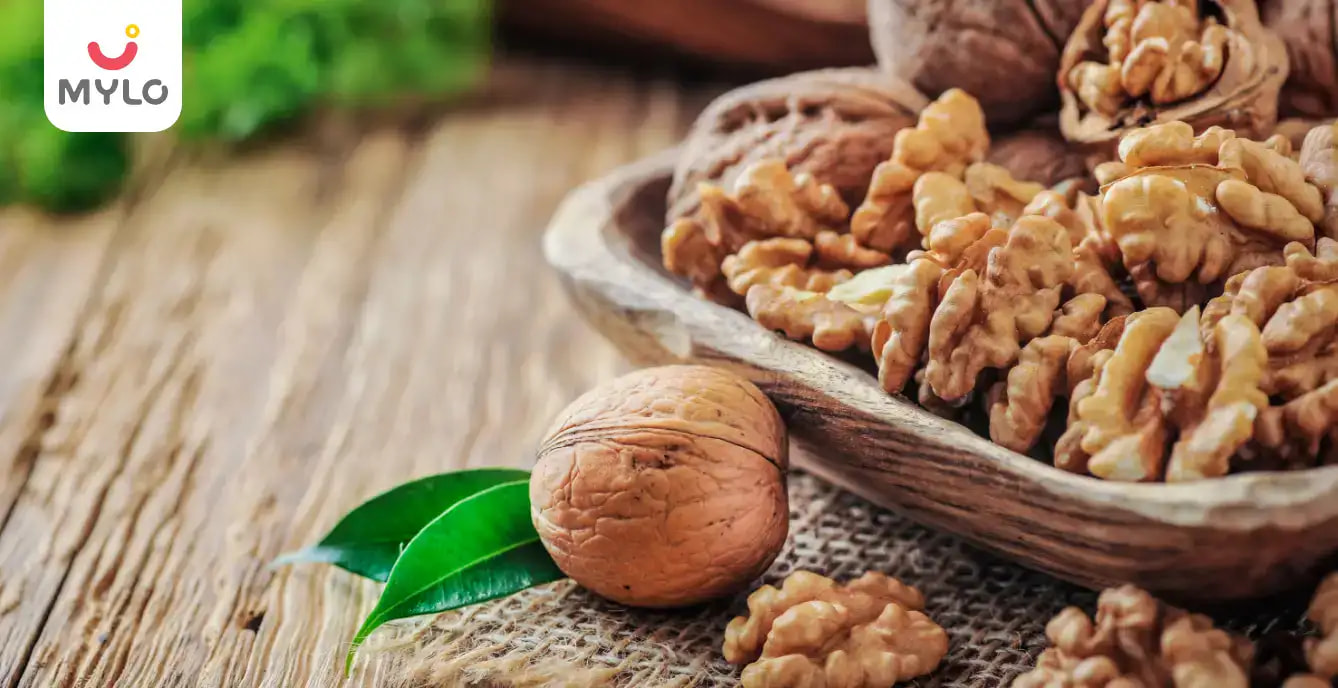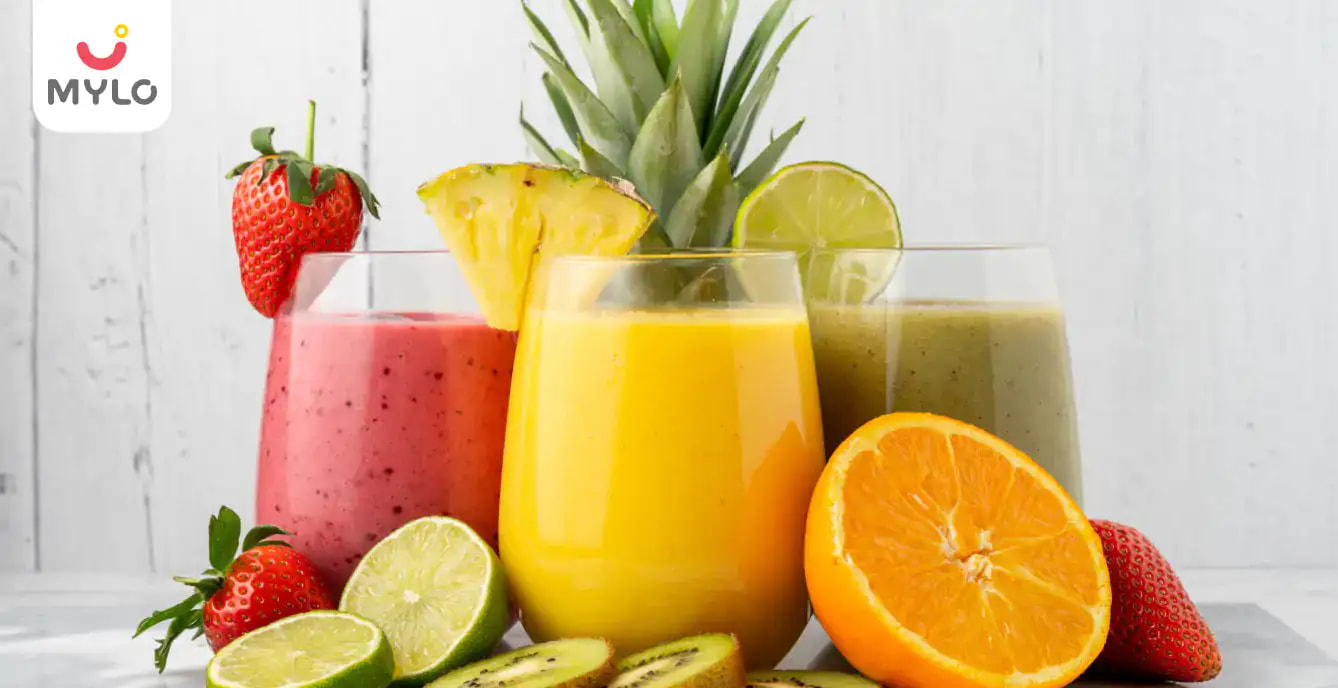Home

Diet & Nutrition

Apple In Pregnancy Benefits of Eating Apples During Pregnancy
In this Article
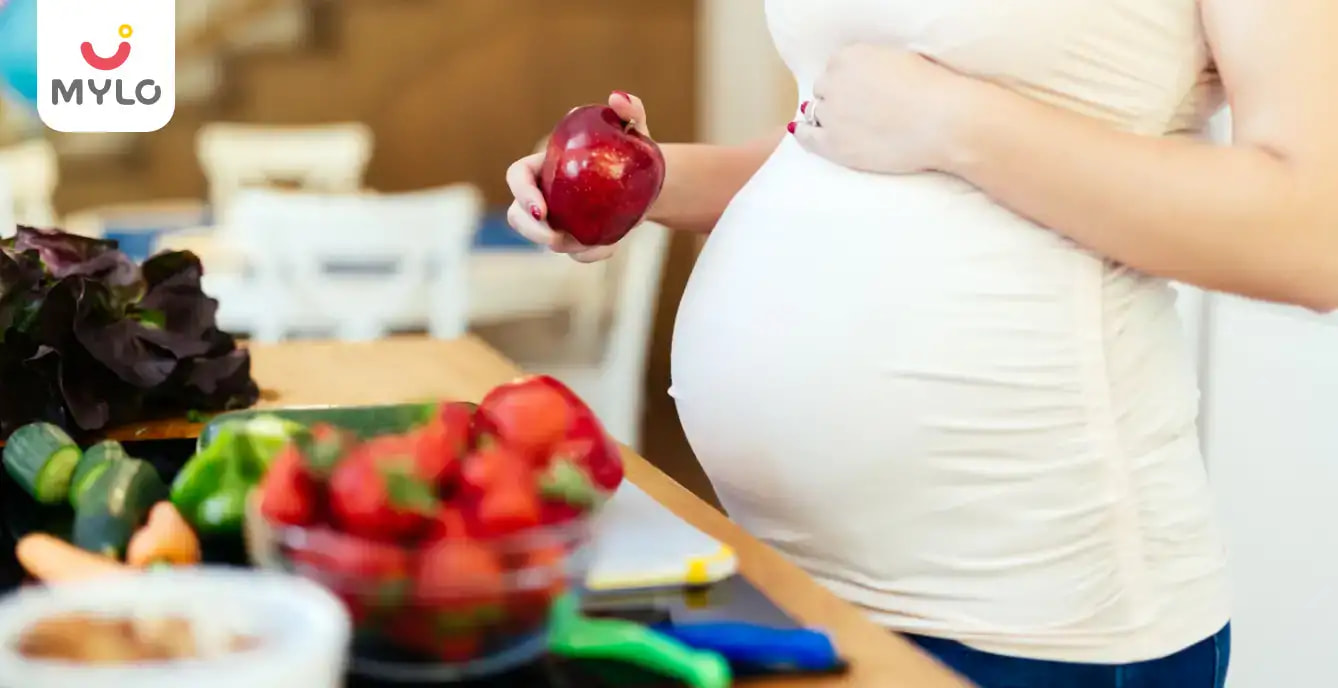
Diet & Nutrition
Apple In Pregnancy Benefits of Eating Apples During Pregnancy
Updated on 3 November 2023
Pregnancy is a period of change as you experience more physical and emotional symptoms than ever before. It can be difficult to navigate what’s safe and what’s not. If you’re pregnant, have a baby bump or are trying to conceive, it may be confusing to determine which foods you can safely eat.
There’s an ever-growing list of foods and drinks that pregnant women are supposed to avoid. It can be discouraging or overwhelming at times to find foods and drinks that are safe.
One food you don’t have to worry about—in fact, we encourage you to eat—is apples! Consuming apple during pregnancy has numerous health benefits for both you and your baby.
Here are eight benefits of consuming apple during pregnancy:
Apples strengthen the immune system
Apples have many health benefits, and the adage "an apple a day keeps the doctor away" is more than just a saying. Apples are a great source of vitamin C, which can help prevent illness and improve immunity. The immune system takes a blow while you're carrying a child, so this is especially helpful for pregnant women.
Apples can treat or stop anaemia
Low birth weights and early labor have been linked to anaemia during pregnancy. Apples are a good source of iron, so consuming apple during pregnancy may help lower the risk of developing anaemia.
Apples are a great source of iron, a mineral necessary for keeping your blood healthy and preventing anaemia in pregnancy. In order to prevent anaemia, which is rather prevalent during pregnancy, eating apples regularly is recommended (along with other iron-rich foods).
Apples give you more energy
Who doesn't need a natural energy boost during pregnancy? Apples provide just that. Having a child is a very demanding process. For those who need a boost but can't have caffeine, foods like apples can be a great alternative. Apples' blend of simple sugars raises your blood sugar, which in turn increases your energy.
Apples are a digestive aid
Apples are a good source of dietary fibre, and consuming apple during pregnancy aids in digestion and regularity. Hormonal shifts and the added pressure of the developing baby are two common causes of constipation in pregnant women. Eating more high-fiber foods like apple in pregnancy will help regulate bowel motions and reduce gas.
Apples are good for your heart
An article in Critical Reviews in Food Science and Nutrition looked at 16 studies that looked at the effects of eating apples on the heart. The authors concluded that eating one medium apple a day may help lower blood pressure, cholesterol, and inflammation. Apples that haven't been peeled are a good source of fibre and chemicals called polyphenols that are good for your heart.
As a bonus, consuming apple during pregnancy is good for pregnant women who suffer from heartburn (especially towards the end of pregnancy). Apples' soluble fibre is another way to control blood cholesterol and delay plaque accumulation.
Apples can reduce the risk of gestational diabetes
Because of the fibre and flavonoids found in apples, eating them regularly throughout pregnancy helps reduce the risk of developing gestational diabetes.
Also, the fibre in apples slows down how quickly sugar in your bloodstream affects your body. Most apples probably won't cause your blood sugar to rise quickly unless you eat a lot of them at once.
Apples help with respiratory and asthma problems
Apples are a great source of antioxidants for the same reason. You can keep yourself and your unborn child healthier by taking antioxidants, which can help your lungs strengthen so you don't get sick with respiratory disease. They can also help your baby's lungs develop more strongly, reducing their risk of developing asthma later in life.
Apples reduce the possibility of birth abnormalities
You've probably heard that getting enough folic acid (or folate) before, during, and after pregnancy can help prevent some birth abnormalities. Consuming apple during pregnancy are a good natural source of folate because of their high dietary content.
Conclusion
Consuming apple during pregnancy has a lot of benefits. Apples can be found in a variety of different varieties, making it easy to season your meal just the way you like it. Whether you prefer the sweet, tart taste of a Granny Smith or the more tropical-flavored citrus taste of a Red Delicious, one thing remains constant: apples offer health benefits for both you and your baby. By sharing this information with your friends and family, you can share some valuable information that they may not know. The more people know about the benefits of apples, the more babies in future could benefit! 2



Written by
Mittali Khurana
Mittali is a content writer by profession. She is a dynamic writer with 04+ years of experience in content writing for E-commerce, Parenting App & Websites, SEO.
Read MoreGet baby's diet chart, and growth tips

Related Articles
RECENTLY PUBLISHED ARTICLES
our most recent articles

Diet & Nutrition
গর্ভাবস্থায় আলুবোখরা: উপকারিতা ও ঝুঁকি | Prunes During Pregnancy: Benefits & Risks in Bengali

Diet & Nutrition
গর্ভাবস্থায় হিং | ঝুঁকি, সুবিধা এবং অন্যান্য চিকিৎসা | Hing During Pregnancy | Risks, Benefits & Other Treatments in Bengali

Women Specific Issues
স্তনের উপর সাদা দাগ: লক্ষণ, কারণ এবং চিকিৎসা | White Spots on Nipple: Causes, Symptoms, and Treatments in Bengali

Diet & Nutrition
গর্ভাবস্থায় পোহা: উপকারিতা, ধরণ এবং রেসিপি | Poha During Pregnancy: Benefits, Types & Recipes in Bengali

Diet & Nutrition
গর্ভাবস্থায় মাছ: উপকারিতা এবং ঝুঁকি | Fish In Pregnancy: Benefits and Risks in Bengali

Diet & Nutrition
গর্ভাবস্থায় রেড ওয়াইন: পার্শ্ব প্রতিক্রিয়া এবং নির্দেশিকা | Red Wine During Pregnancy: Side Effects & Guidelines in Bengali
- ইনার থাই চ্যাফিং: কারণ, উপসর্গ এবং চিকিৎসা | Inner Thigh Chafing: Causes, Symptoms & Treatment in Bengali
- গর্ভাবস্থায় ব্রাউন রাইস: উপকারিতা ও সতর্কতা | Brown Rice During Pregnancy: Benefits & Precautions in Bengali
- Velamentous Cord Insertion - Precautions, Results & Safety
- Unlock the Secret to Flawless Skin: 7 Must-Have Qualities in a Face Serum
- Unlock the Secret to Radiant Skin: How Vitamin C Serum Can Transform Your Complexion
- Gender No Bar: 10 Reasons Why Everyone Needs a Body Lotion
- Unlock the Secret to Radiant Skin How to Choose the Perfect Body Lotion for Your Skin Type
- Top 10 Reasons to Apply a Body Lotion After Every Bath
- Communication in Toddlers: Milestones & Activities
- How to Improve Vocabulary for Toddlers?
- A Comprehensive Guide to Understanding Placenta Accreta
- Vulvovaginitis in Toddlers Causes, Symptoms and Treatment
- A Comprehensive Guide to Understanding Cerebral Palsy in Children
- Bitter Taste in Mouth During Pregnancy: Understanding the Causes and Remedies


AWARDS AND RECOGNITION

Mylo wins Forbes D2C Disruptor award

Mylo wins The Economic Times Promising Brands 2022
AS SEEN IN
















- Mylo Care: Effective and science-backed personal care and wellness solutions for a joyful you.
- Mylo Baby: Science-backed, gentle and effective personal care & hygiene range for your little one.
- Mylo Community: Trusted and empathetic community of 10mn+ parents and experts.
Product Categories
baby carrier | baby soap | baby wipes | stretch marks cream | baby cream | baby shampoo | baby massage oil | baby hair oil | stretch marks oil | baby body wash | baby powder | baby lotion | diaper rash cream | newborn diapers | teether | baby kajal | baby diapers | cloth diapers |



